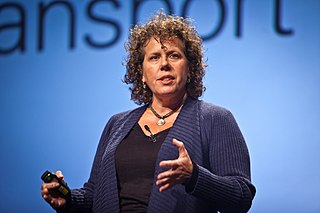A Quote by Om Malik
When it comes to the mobile web, the technology industry seems to be split between two camps - native apps and HTML5 web-based apps.
Related Quotes
When I'm introspective about the last few years I think the biggest mistake that we made, as a company, is betting too much on HTML5 as opposed to native... because it just wasn't there. And it's not that HTML5 is bad. I'm actually, on long-term, really excited about it. One of the things that's interesting is we actually have more people on a daily basis using mobile Web Facebook than we have using our iOS or Android apps combined. So mobile Web is a big thing for us.
Search is now more than a web destination and a few words plugged into a box. Search is a mode, a method of interaction with the physical and virtual worlds. What is Siri but search? What are apps like Yelp or Foursquare, but structured search machines? Search has become embedded into everything and has reached well beyond its web-based roots.
The largest issue with search is that we learned about it when the web was young, when the universe was 'complete' - the entire web was searchable! Now our digital lives are utterly fractured - in apps, in walled gardens like Facebook, across clunky interfaces like those in automobiles or Comcast cable boxes.
When you close a tab or when you finish an article on the web, it's gone unless you go back into your history or search for it or explicitly try to find it. Apps on your phone have this special property: they hang around. In some ways, they're more like a book on a bookshelf than they are like web pages.
I think our primary function is to create the strongest, deepest, most interesting news report there is in the world.And whether it's on the front page of the newspaper or leading the home page doesn't really matter. We reach a huge audience on the Web. And really, you know, the journalists, whether they are reporters or editors or Web producers or multimedia specialists, we're all creating, you know, the journalism that is the bedrock of our news report. And that's true for the newspaper, the Web, our apps, and you name it.


































